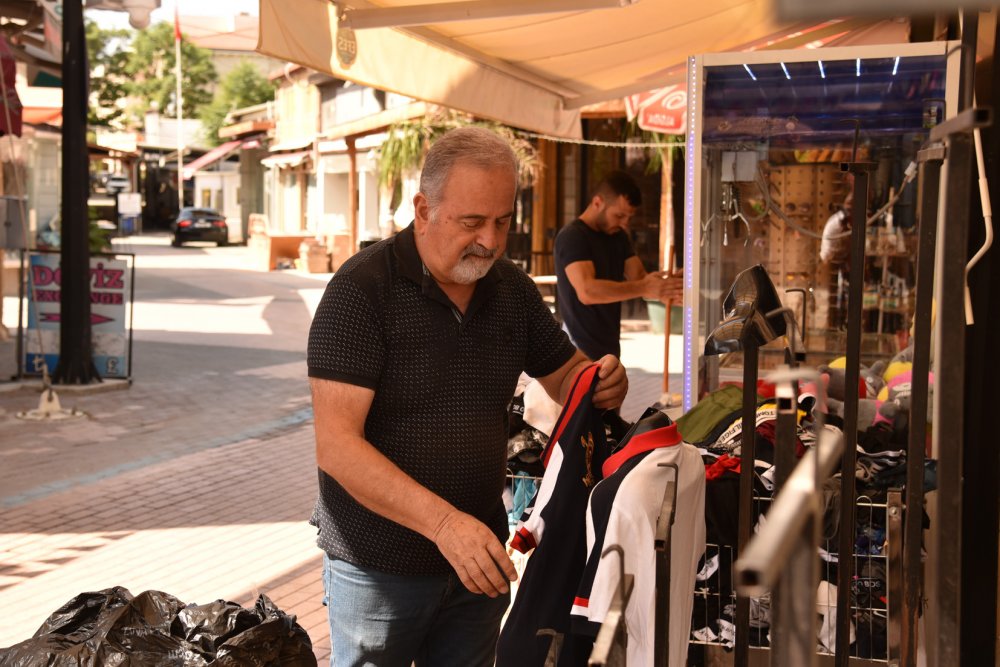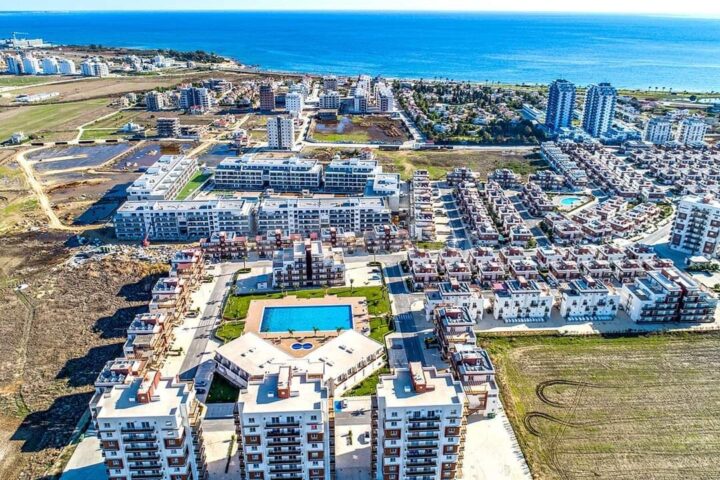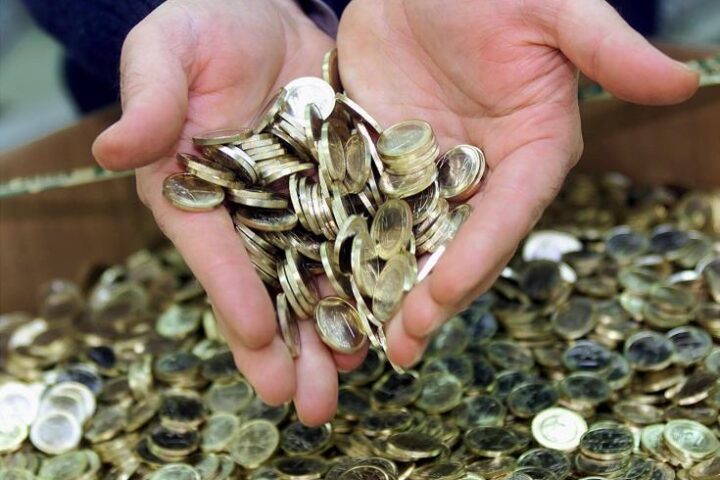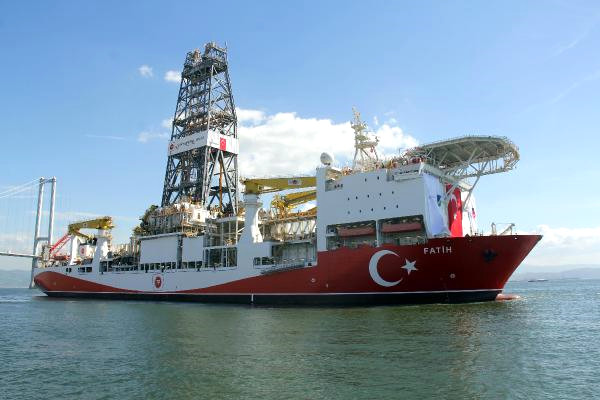A growing number of Turkish Cypriots are leaving the island, as the worsening economic situation in the Turkey-occupied north combined with a standstill in peace negotiations has crushed hopes of a brighter future.
Talking to the Financial Mirror, Professor of Political Science at the Eastern Mediterranean University in the north, Ahmet Sozen, said.
However, it is not clear whether the trend is spreading; it is certainly not an uncommon sight.
“In recent years, it is not uncommon to hear from friends, especially younger Turkish Cypriots, that they are leaving the country to seek a future elsewhere,” said Sozen.
He added that although there are no statistics on how many have recently left Cyprus, it would be safe to say that everyone knows at least someone who has left or is planning to leave.
Sozen referred to a recent survey conducted by The Centre for Migration, Identity and Rights Studies (CMIRS), where a disturbing 35% of Turkish Cypriots said they would move to another country if they had the chance.
In the CMIRS survey, which also measures political, social, and individual confidence and sense of happiness among Turkish Cypriots, a whopping 94% said they felt things were not going well.
Only 20% of Turkish Cypriots expressed their confidence in the future.
According to survey findings, Turkish Cypriots think the biggest problem is the economy and inflation.
Everything in the north, from electricity bills, fuel costs and groceries, has more than doubled in the past year, putting immense pressure on low-income Turkish Cypriots.
According to figures released in the north, inflation in August rose 3.31%, compared to the previous month, and 118.18% annually.
Hunger line
Another survey by the civil servants union KTAMS defined the hunger line at 9675 TL (€535), while the minimum wage is 8,600 TL (€476).
The hunger line is defined by the minimum a four-member family needs just to put food on the table.
Sozen said Turkish Cypriots are chasing after the lowest prices for their groceries, even checking prices in supermarkets in the Republic.
“Pork and vegetables are actually much cheaper in supermarkets in the south, with the majority of Turkish Cypriots crossing at least once a month heading for Greek Cypriot stores.
“The findings of these surveys are very alarming, as it is clear that society has no confidence or hope in the future and is going through a serious depression.”
He added that Turkish Cypriots are frustrated by political developments in the north and the negotiations on the Cyprus problem deadlocked since 2017.
“Politically, things aren’t any better.
“A dead-end in the peace negotiations combined with the political developments on the ground in the north have pushed a large part of the community deeper into depression.”
He explained the divided island is witnessing one of the grimiest times in the peace talks process, as the Turkish Cypriot leadership and Turkey make a clear turn towards a two-state solution.
“Just the other day, Turkish President Recep Tayyip Erdogan, addressing the UN General Assembly, asked the international community to recognise the state in the north.
“This is the first time a Turkish leader has openly asked the international community to recognise the ‘TRNC’.
“One must not ignore Turkey’s stepping up their intervention in the north, touching every aspect of the community’s life from sports to religion.
“People on the ground are feeling this pressure.
“That is why we have a steady flow of Turkish Cypriots, including businessmen and young scientists leaving the island for, in most cases, a European city.”
He added that even their destination choice indicates their unhappiness, as, in the past, the majority of Turkish Cypriots leaving the island would head for Turkey.
Sozen noted that he did not expect to see Erdogan’s meddling in the north to end before the Presidential elections in Turkey, scheduled for June 2023.
“Erdogan has been trying to maintain a majority by stepping up his nationalistic rhetoric and his interventions in the north in the runup to the elections.
“It remains to be seen whether he will return to ‘factory settings’ if he wins the election or if we will have a more moderate Turkish government.”










